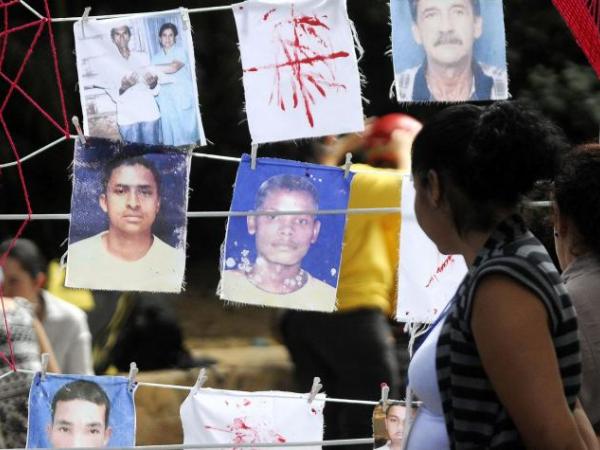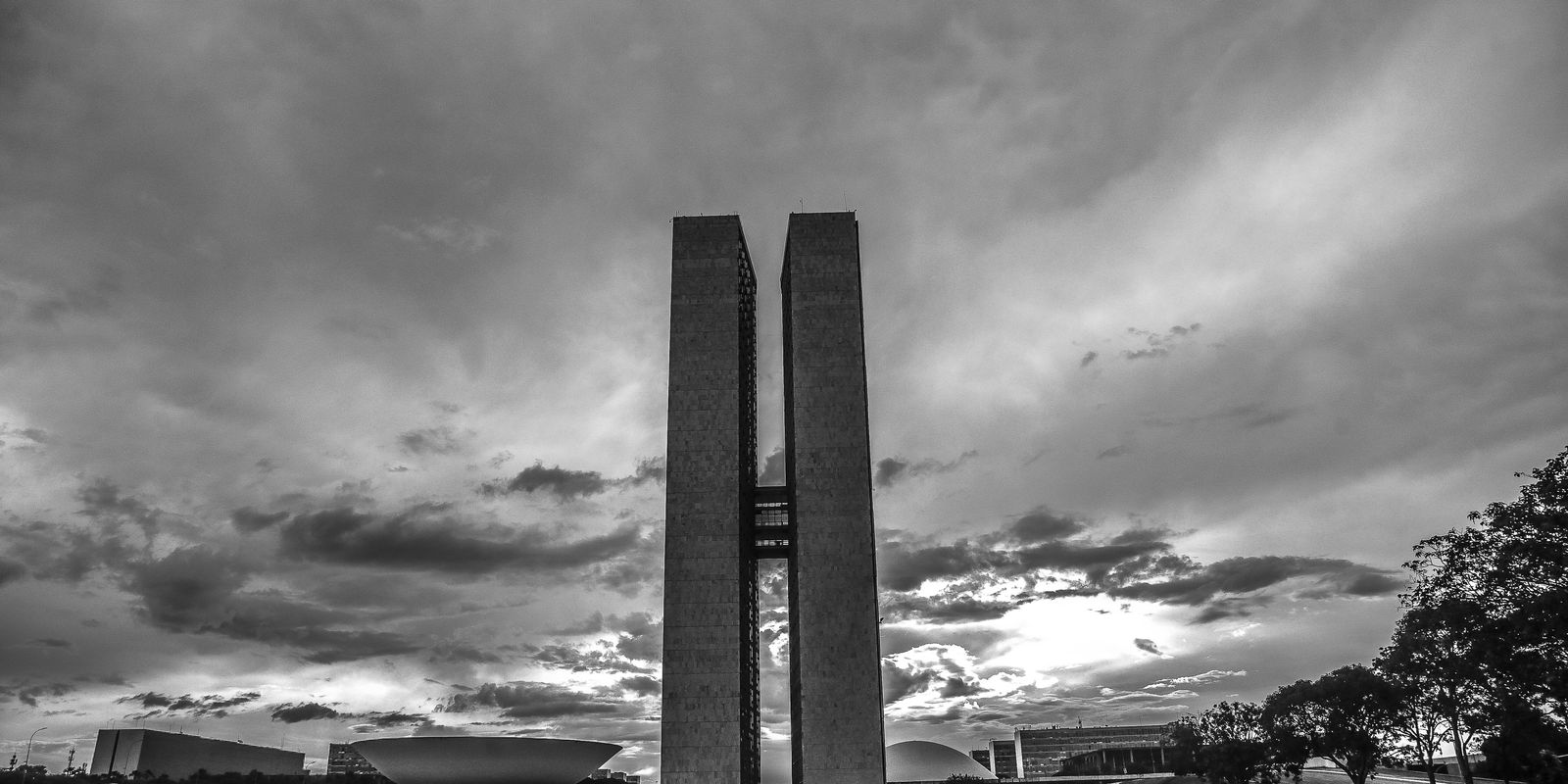The Undersecretary of the Interior, Manuel Monsalve, addressed the creation of a special prison for members of Original Peoples. He indicated that it is a matter under evaluation and that it corresponds to the Ministry of Justice —led by Marcela Ríos— to evaluate it, “because the Gendarmerie and therefore the prisons depend on it.”
Along the same lines, the head of the General Secretary of Government (Segegob), Camila Vallejo, referred to the issue, stating that “there are several parliamentarians who have raised this proposal transversally, not just one political sector.”
“Therefore, what the undersecretary of Justice and the ministry have indicated is that this proposal is accepted and that it is going to be evaluated,” said the spokeswoman for La Moneda. And she added: “Considering that it has been a proposal that has been raised in a transversal way, by the way it must be studied and this has been indicated by the Ministry of Justice.”
For his part, the Undersecretary of Justice, Jaime Gajardo, explained to Third that “there is a group of parliamentarians from both the opposition and the ruling party who have already formally proposed to us the possibility of a penitentiary establishment for people who are serving sentences and who are part of the Mapuche people. We are evaluating that.”
“We are also reviewing the costs that it would have and if it is indeed possible within the framework established by ILO Convention 169 —a document that establishes specific rules for compliance with prison in the case of indigenous peoples—,” said the undersecretary Gajardo.
The independent deputy and part of the Republican caucus, Stephan Schubert, mentioned that “this is a sensitive issue and that, by the way, it is necessary to analyze case by case and pay attention to international treaties and in particular with respect to what the agreement of the ILO, to which Chile is a party”.
“What is relevant is not to make this mean a privilege, but precisely a good way to ensure the imprisonment of those people who are in the special condition of native peoples,” added the parliamentarian.
Human Rights approved legislation to recognize criminal rights for indigenous peoples
It is worth mentioning that in September of this year, by six votes in favor and two against, the Human Rights Commission of the Chamber of Deputies approved the idea of legislating the bill that modifies two codes to recognize criminal and procedural rights in favor of persons belonging to indigenous peoples.
The project is based on ILO Convention 169 and the UN Declaration of Rights of Indigenous Peoples of 2007. These international regulatory frameworks call for alternative measures to deprivation of liberty.
Likewise, it highlights the international instruments on the rights of indigenous peoples, in force in Chile in the Indigenous Law itself, of 1993, as well as in the commitments acquired by the State of Chile, its institutions and representatives, from 1989 to date, which they are not fulfilled yet.
Along these lines, the proposal makes changes to the Criminal Code and the Code of Criminal Procedure. Thus, it promotes alternative measures to deprivation of liberty when establishing a sentence for a person belonging to indigenous peoples.
For this, it is proposed to take into consideration their uses and customs, as well as the differentiating economic, social and cultural characteristics of indigenous people.
Other scopes of the project
The legal text also proposes that if the judge opts for preventive detention in a prison, he must order that the rights of the accused be protected. In this area, for example, it is considered to develop their religious ceremonies or maintain their cultural characteristics.
In addition, it indicates that the conviction must express, in detail, the foundations of the analysis of the modifying circumstances of criminal responsibility. In the same way, consider the economic, social and cultural characteristics of the convicted person, which determine the application of alternative sentences to custodial sentences.
The motion was presented by the deputies PS Emilia Nuyado, Marcos Ilabaca, Manuel Monsalve, Luis Rocafull and Leonardo Soto; PC Carmen Hertz; Common Claudia Mix; FRVS Alejandra Sepulveda; PPD Ricardo Celis; and RD Miguel Crispi.








